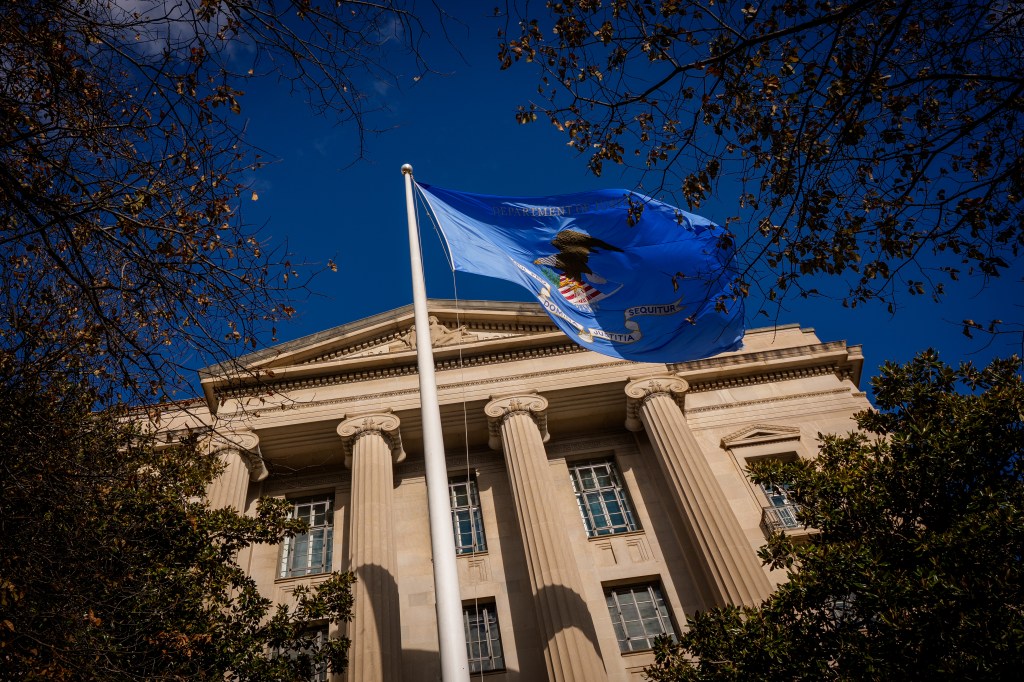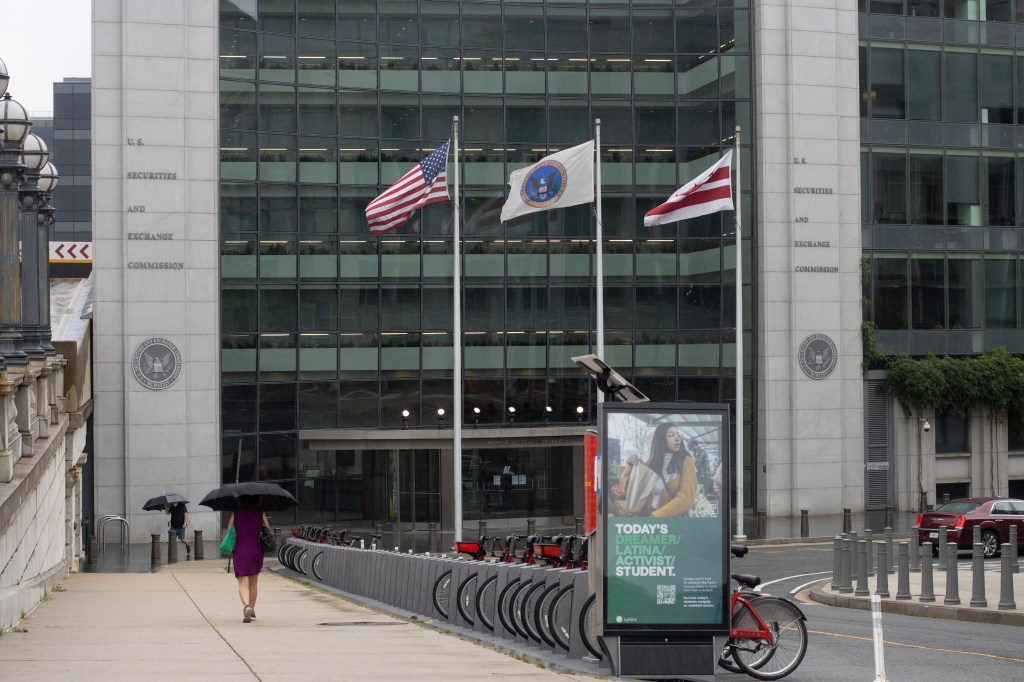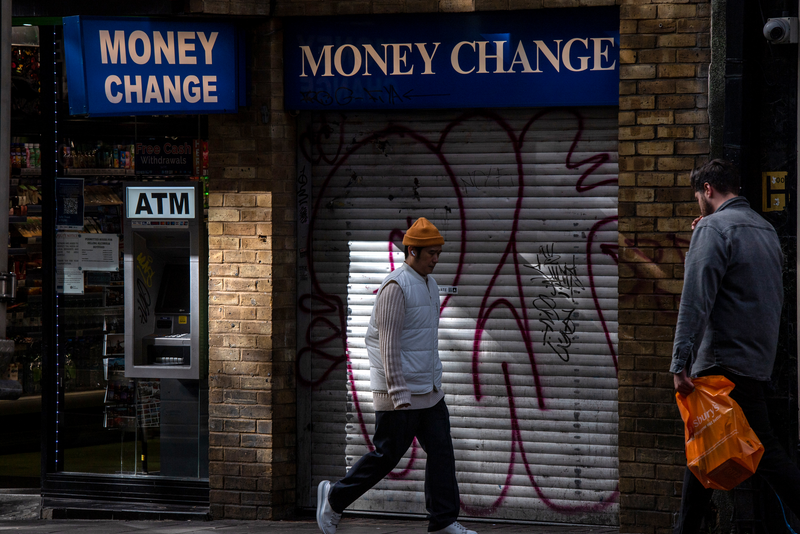Dollar East (International Travel & Money Transfer) Ltd; Hafiz Bros Travel & Money Transfer Limited; and LCC Trans-Sending Limited (including its parent company, Small World Financial Services Group Limited), trading as Small World, have been fined a combined total of more than £150,000 ($190,000) for breaching competition law.â¯â¯â¯
The FCA found
Register for free to keep reading
To continue reading this article and unlock full access to GRIP, register now. You’ll enjoy free access to all content until our subscription service launches in early 2026.
- Unlimited access to industry insights
- Stay on top of key rules and regulatory changes with our Rules Navigator
- Ad-free experience with no distractions
- Regular podcasts from trusted external experts
- Fresh compliance and regulatory content every day












